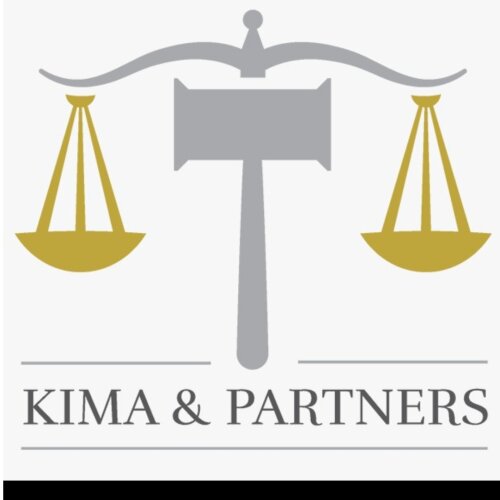Best Franchising Lawyers in Yaoundé
Share your needs with us, get contacted by law firms.
Free. Takes 2 min.
List of the best lawyers in Yaoundé, Cameroon
About Franchising Law in Yaoundé, Cameroon:
Franchising in Yaoundé, Cameroon is a business model where a franchisee purchases the rights to operate a business under a franchisor's established brand. This legal arrangement allows the franchisee to benefit from the franchisor's systems, reputation, and support. Franchising in Yaoundé is governed by specific laws and regulations to ensure fair and lawful business practices.
Why You May Need a Lawyer:
Seeking legal advice from a lawyer experienced in franchising can be crucial in various situations, including:
- Reviewing and negotiating franchise agreements
- Resolving disputes between the franchisor and franchisee
- Understanding local laws and regulations
- Protecting intellectual property rights
- Assisting with franchise termination or renewal
Local Laws Overview:
In Yaoundé, Cameroon, several key aspects of local laws concerning franchising should be considered:
- Commercial Code: The Commercial Code governs the establishment and operation of franchise agreements, including disclosure requirements, obligations, and termination conditions.
- Intellectual Property Law: Protecting trademarks, patents, copyrights, and trade secrets is crucial when entering into a franchise agreement.
- Consumer Protection Laws: Various consumer protection laws safeguard the rights and interests of consumers involved in franchising transactions.
Frequently Asked Questions:
1. Can anyone start a franchise business in Yaoundé, Cameroon?
No, certain requirements and qualifications need to be met to start a franchise business. These may include financial capabilities, experience, and adherence to specific regulations.
2. What should be included in a franchise agreement?
A franchise agreement should include details about franchisor-franchisee obligations, terms of operation, intellectual property rights, fees and royalties, dispute resolution mechanisms, and termination conditions, among other important clauses.
3. What are the disclosure requirements for franchisors?
Franchisors must provide a disclosure document to potential franchisees before entering into an agreement. This document should contain information about the franchisor's financial standing, litigation history, and all relevant details regarding the franchise opportunity.
4. How can franchise disputes be resolved?
Franchise disputes can be resolved through negotiation, mediation, or arbitration as outlined in the franchise agreement. In some cases, legal action may be necessary to settle the disagreement.
5. How can I protect my intellectual property as a franchisee?
As a franchisee, protecting intellectual property is vital. Ensure that the franchise agreement clearly outlines intellectual property rights, including trademarks, and establish measures to prevent infringement by third parties.
Additional Resources:
For additional resources and assistance in franchising matters in Yaoundé, Cameroon, consider contacting the following:
- Yaoundé Chamber of Commerce and Industry
- Ministry of Trade and Industry
- Cameroon Franchise Association
Next Steps:
If you require legal assistance in franchising, it is recommended to take the following steps:
- Research and compile relevant documentation pertaining to your franchise business.
- Contact a specialized franchising lawyer in Yaoundé, Cameroon.
- Request a consultation to discuss your specific needs and concerns.
- Bring all necessary documents to the consultation for review.
- Follow the lawyer's guidance and take appropriate actions to protect your interests.
Lawzana helps you find the best lawyers and law firms in Yaoundé through a curated and pre-screened list of qualified legal professionals. Our platform offers rankings and detailed profiles of attorneys and law firms, allowing you to compare based on practice areas, including Franchising, experience, and client feedback.
Each profile includes a description of the firm's areas of practice, client reviews, team members and partners, year of establishment, spoken languages, office locations, contact information, social media presence, and any published articles or resources. Most firms on our platform speak English and are experienced in both local and international legal matters.
Get a quote from top-rated law firms in Yaoundé, Cameroon — quickly, securely, and without unnecessary hassle.
Disclaimer:
The information provided on this page is for general informational purposes only and does not constitute legal advice. While we strive to ensure the accuracy and relevance of the content, legal information may change over time, and interpretations of the law can vary. You should always consult with a qualified legal professional for advice specific to your situation.
We disclaim all liability for actions taken or not taken based on the content of this page. If you believe any information is incorrect or outdated, please contact us, and we will review and update it where appropriate.










